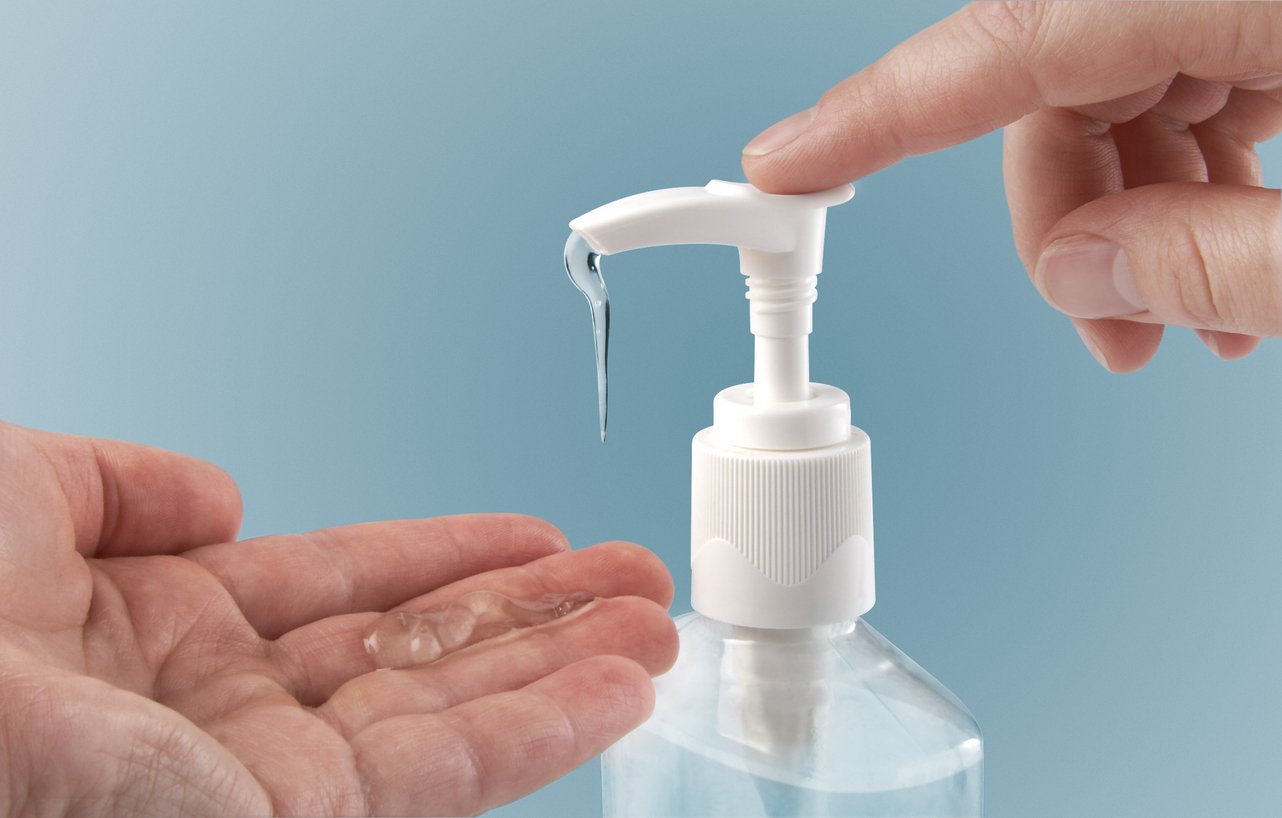Coronavirus disease has taken world by storm. Currently, not even a single country is immune to this deadly disease. Till now, this deadly disease has taken lives of more than 35000 people and more than 750 thousand people are infected worldwide. The virus that causes COVID-19 spreads very easily and sustainably in the community.
The most effective way of controlling transmission of virus and decrease the risk of getting sick is by washing your hands with soap and water for at least 20 seconds. One should take care especially while coughing, sneezing or blowing to cover the mouth and nose.
Besides the above-mentioned basic hygiene practices, all health authorities across the globe especially Center for Disease Control (CDC) has recommended to use alcohol-based hand sanitizer containing at least 60% alcohol. This is due to the fact that the sanitizers at 60% alcohol concentration are able to kill most viruses.
The hand-sanitizers which were once easily available in the market at very reasonable prices has quiet understandably gone out of stock. To counter this, WHO has came up with it’s own guidance to prepare sanitizers at home (Refer: https://www.who.int/gpsc/5may/Guide_to_Local_Production.pdf). But the issue comes up with the availability of raw material or the ingredients as even the raw materials have gone out of stock. Various regulatory agencies have promoted the manufacturing of such hand sanitizers and have granted expedited permissions to manufacture and market in this exigency situation.
However, one has to know that when you sneeze or cough on your hands, the hands get contaminated with mucous and the microbes. Mucous tends to protect the microbes, and with mucous on your hands it will make sanitizer solution less effective. Hence, even spraying large quantities of sanitizer on hand shall not be effective effectively. Also, this is to understand that not all types of sanitizer are effective against all types of infections.
Thus, the most reliable method of preventing the spread of the coronavirus, and reducing the risk of subsequent infection is washing your hands with soap and water frequently and by avoiding touching your face as much as possible.
Hence, people should avoid unnecessarily stocking of hand sanitizers and shall adopt tried and tested way of washing hands with soap and water as frequently as possible. Usage of hand sanitizer is recommended in situations wherein washing of hands is not feasible.
Additionally, this is to be noted that house hold disinfectants and surface cleaners claim that they are effective against SARS-CoV-2. However, usage of these agents on the skin is strongly discouraged as they may cause skin and eye irritation. They shall be used only to clean hard, non-porous surfaces.

.png
)
